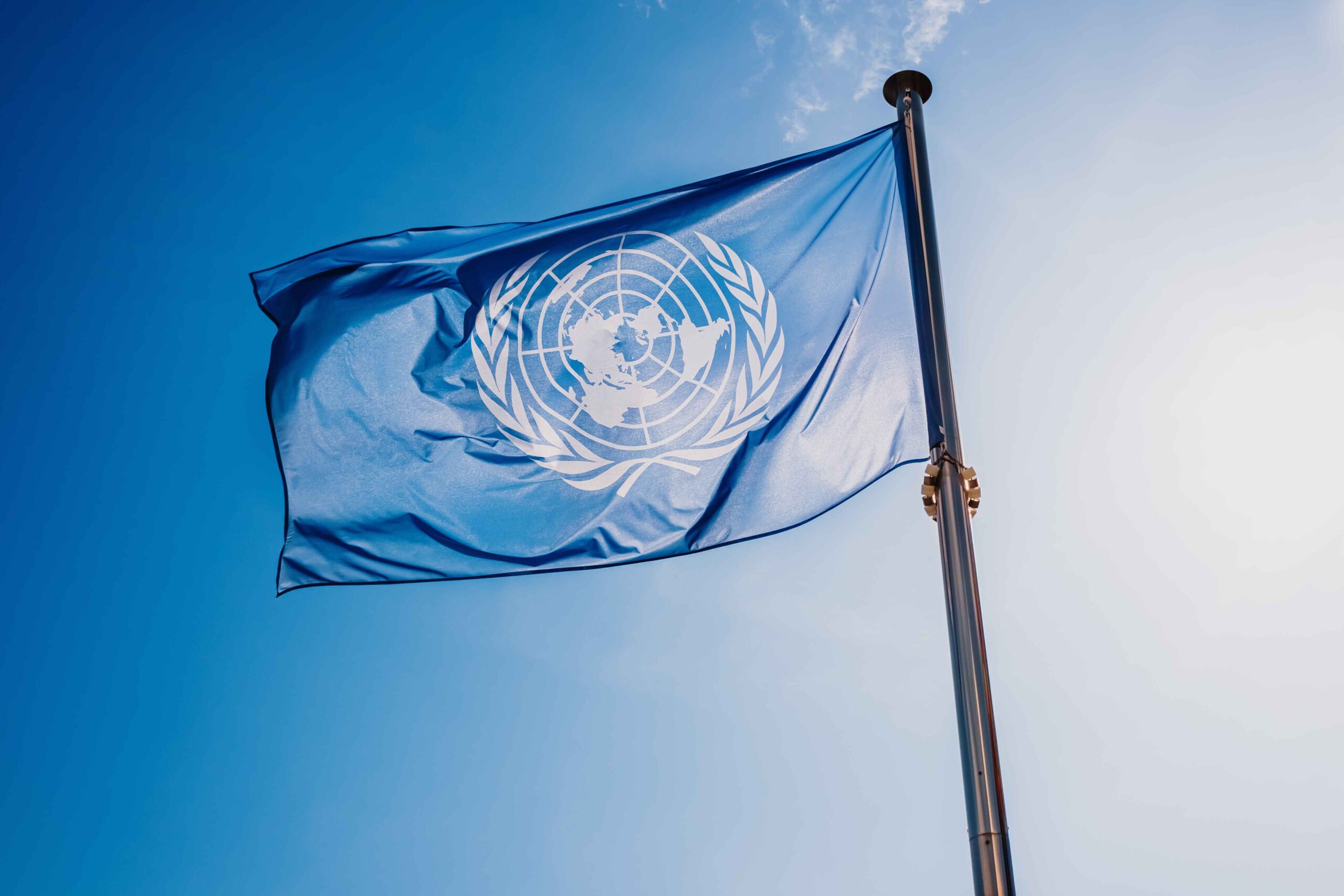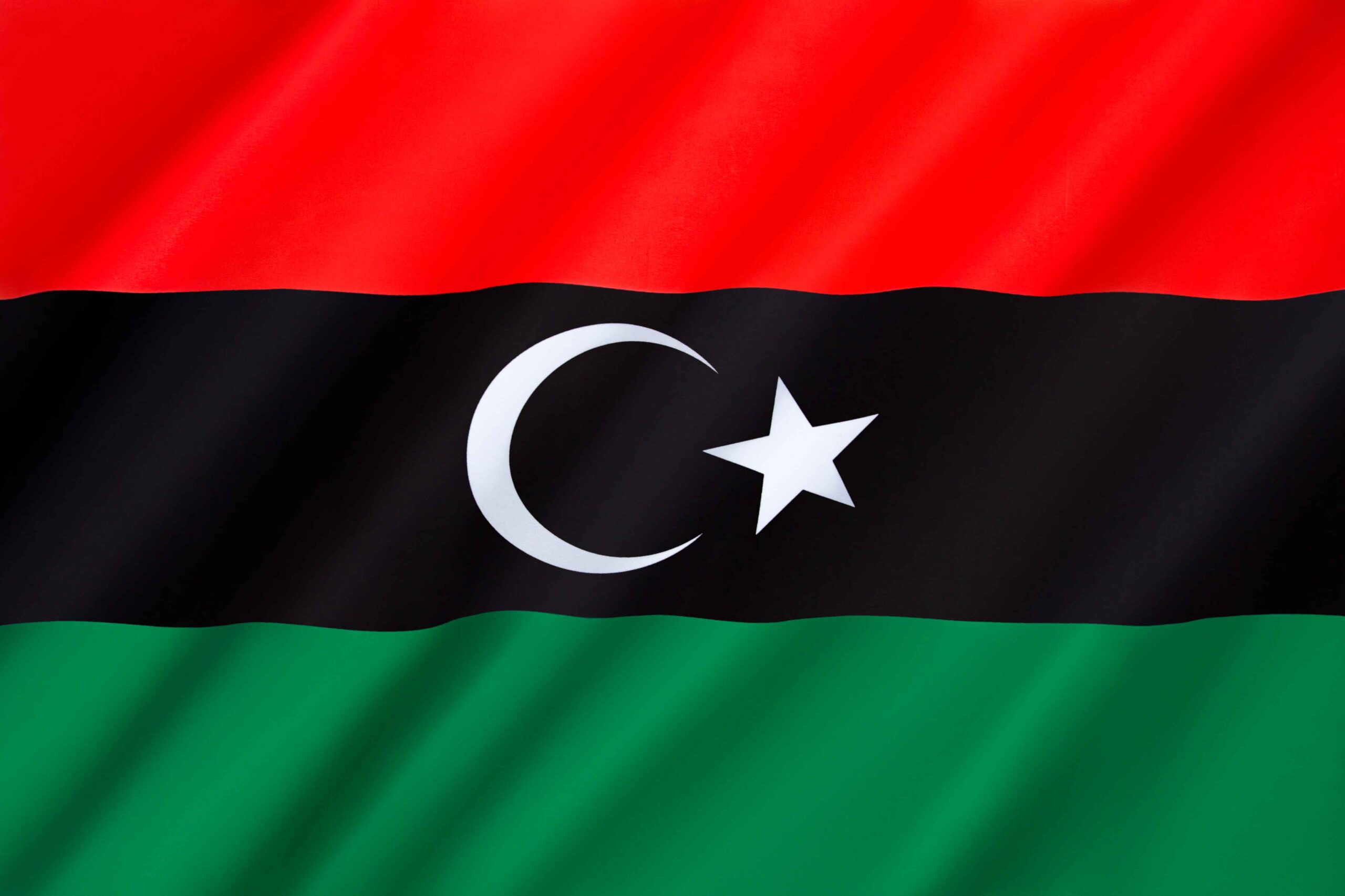Libya’s warring factions have taken a critical step toward resolving the country’s prolonged political deadlock. In talks held in Bouznika, Morocco, representatives from the High Council of State in Tripoli and the House of Representatives in Benghazi agreed to cooperate with the United Nations to establish a roadmap for elections.

Key Agreements and Initiatives
The factions’ discussions centered on forming a national unity government, launching institutional and security reforms, and resolving long-standing electoral issues. These efforts aim to address years of division and instability that have plagued the country since the NATO-backed ousting of Moammar Gadhafi in 2011.
Stephanie Koury, the U.N. deputy special envoy for Libya, presented UNSMIL’s (United Nations Support Mission in Libya) plan to overcome the impasse. This includes forming an advisory committee comprising experts and respected figures from Libya’s diverse political, social, and geographical spectrum. Koury emphasized that the committee’s role would be to propose actionable options rather than make binding decisions, leaving the final steps to Libyan decision-makers.
Historical Context of the Crisis
Libya’s current political turmoil stems from the failure to hold elections scheduled for December 24, 2021, and the refusal of Prime Minister Abdul Hamid Dbeibah to relinquish power. In response, the eastern-based parliament appointed rival leaders, while military commander Khalifa Hifter maintained significant influence in the region. The resulting polarization, coupled with competition among armed groups for control over Libya’s vast resources, has further threatened the country’s unity and stability. The presence of rogue militias and foreign interference has compounded these issues, leaving Libya at a crossroads.

The U.N. has underscored the importance of “Libyan ownership” in the peace process, with an emphasis on inclusivity and stability. Koury’s recent engagement with Libyan stakeholders and regional partners aims to create a framework for unifying and strengthening institutions while promoting dialogue among the nation’s political and cultural groups.
U.S. Ambassador to the U.N. Linda Thomas-Greenfield called for global support of the U.N.-led process, warning of the dangers of further division and violence should Libya’s deadlock persist. She emphasized the U.N.’s critical role in facilitating a comprehensive resolution to the crisis.
Voices of Concern and Hope
Libyan U.N. Ambassador Taher El-Sonni highlighted the frustration among Libyan citizens over repeated international proposals that fail to produce meaningful progress. He stressed the importance of a genuine national dialogue to achieve consensus on electoral laws and pave the way for general elections.
El-Sonni’s sentiments reflect the urgency for action as Libya faces deteriorating sovereignty and escalating tensions. The path forward hinges on the commitment of Libyan factions to prioritize national unity and stability over individual interests.
The agreement between Libya’s rival factions marks a tentative but significant step toward resolving years of division. As the U.N. spearheads these efforts, the focus remains on fostering Libyan-led solutions that address the root causes of the crisis. With continued international support and active engagement from Libya’s political actors, the nation may yet chart a course toward peace and democracy.

